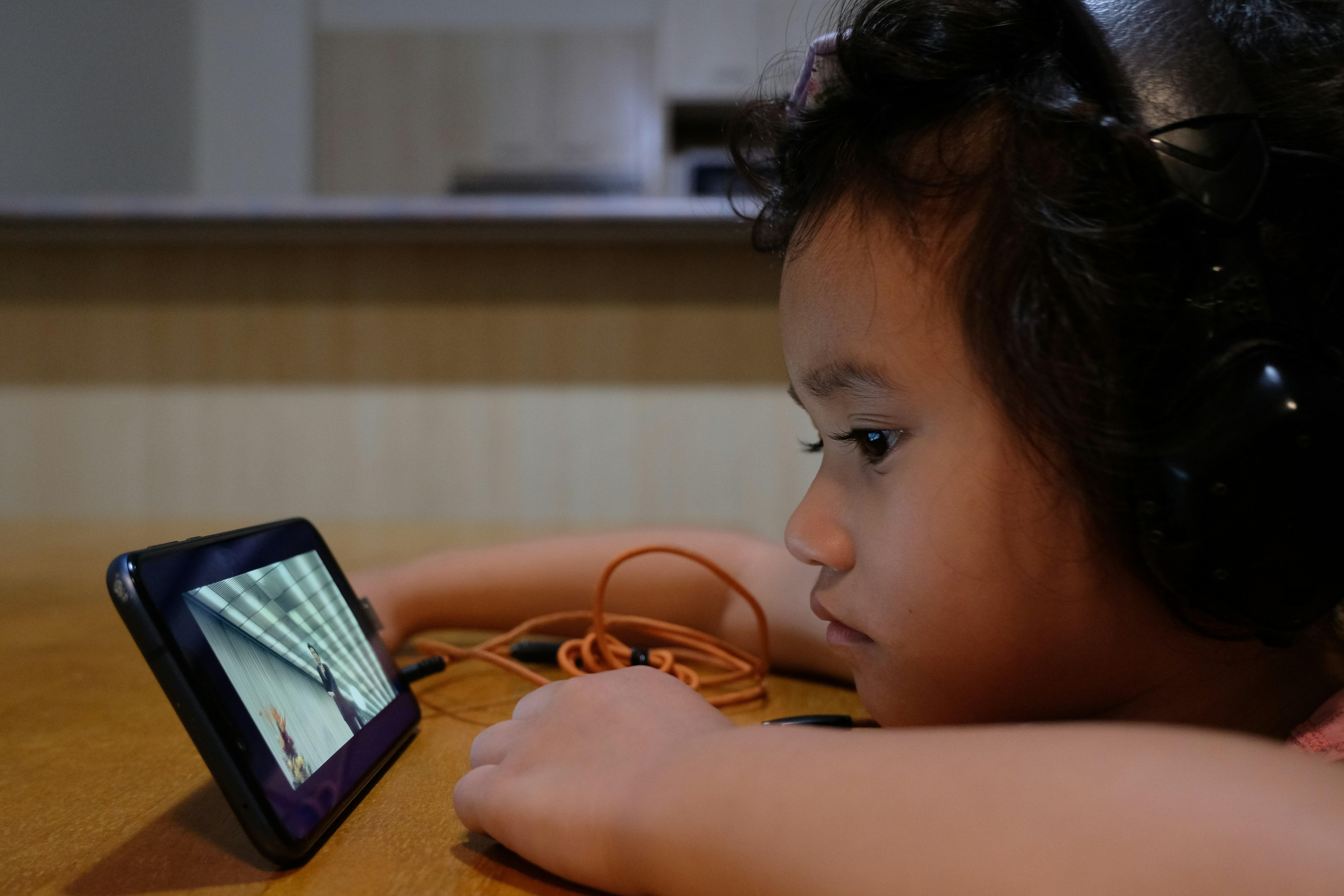-
Новости
- ИССЛЕДОВАТЬ
-
Страницы
-
Группы
-
Мероприятия
-
Статьи пользователей
How AR Therapy Games Support Children with Developmental Coordination Disorder (DCD)

Introduction
Children with Developmental Coordination Disorder (DCD) often face unique challenges in their daily lives. Tasks that seem simple for others—like tying shoelaces, writing neatly, or catching a ball—can feel overwhelming for them. These difficulties are not due to a lack of intelligence or effort but rather because of differences in how their brain coordinates movement.
Supporting children with DCD requires patience, creativity, and tools that make learning both effective and enjoyable. Traditional therapy approaches provide valuable guidance, but keeping children engaged can sometimes be difficult. This is where technology is beginning to reshape therapy.
One innovative platform, WonderTree, offers augmented reality (AR) games designed to support children with coordination challenges, turning skill-building into an interactive and enjoyable experience.
Why AR Therapy is Effective for Children with DCD
AR therapy works by blending digital activities with real-world movement. Unlike traditional worksheets or repetitive drills, AR games invite children to move, interact, and immerse themselves in playful scenarios. This makes therapy sessions more engaging while directly targeting the motor skills that children with DCD need to strengthen.
Some of the main benefits include:
-
Engagement through play: Children are more motivated to participate when therapy feels like a game.
-
Multi-sensory learning: Combining visuals, movement, and sounds helps reinforce skills.
-
Real-time feedback: Children can see their progress instantly, which encourages continued effort.
-
Adaptability: AR games can be adjusted to meet the child’s pace and comfort level.
Key Skills Strengthened by AR Therapy
1. Motor Coordination
Games often require children to move both sides of their body, improving bilateral coordination. This skill is essential for activities such as cutting with scissors, playing sports, or even dressing independently.
2. Balance and Posture
Many AR therapy games encourage holding poses, shifting weight, or practicing stability. Over time, this can lead to improved posture and better balance—important for both physical activity and everyday confidence.
3. Hand-Eye Coordination
Children with DCD frequently struggle with tasks requiring precision. AR games that involve tracing shapes, catching objects, or stacking blocks help strengthen visual-motor integration in a fun way.
4. Sequencing and Planning
Some games ask children to follow patterns or complete tasks in order. This builds executive functioning skills like planning, problem-solving, and organizing steps.
Examples of AR Therapy Games
-
Balance It – Encourages children to hold specific postures or maintain stability while moving, improving core strength.
-
Scoop’d – Involves catching and scooping items on screen, enhancing bilateral coordination and timing.
-
Alphabet Trace – Allows children to trace letters in the air, improving fine motor control and supporting early writing skills.
-
Astro Blocks – Focuses on stacking and sequencing, helping children practice problem-solving and planning.
These games are not only engaging but also carefully designed to target the areas where children with DCD typically need the most support.
Benefits Beyond Physical Skills
While the primary goal is to strengthen motor abilities, parents and therapists often report wider benefits, including:
-
Boosted confidence: Successfully completing tasks encourages children to believe in their abilities.
-
Improved classroom participation: Better coordination often translates into increased comfort with school activities like sports, writing, or art.
-
Enhanced social interaction: When therapy feels fun, children are more willing to play alongside peers, strengthening social skills.
-
Reduced frustration: Transforming therapy into a game helps reduce resistance and negative feelings about learning.
Practical Tips for Parents and Educators
-
Start small: Keep sessions short (10–15 minutes) to maintain focus.
-
Be consistent: Regular practice—about three to five times per week—supports steady progress.
-
Join the activity: Children are more motivated when parents or teachers play along.
-
Reinforce skills offline: If a game targets balance, try simple balance games like hopping or walking on a line at home.
-
Monitor growth: Many AR therapy tools, including WonderTree, provide dashboards that track a child’s progress, helping parents and therapists adjust activities to fit the child’s needs.
The Future of Therapy for DCD
The rise of digital tools shows how therapy can be more inclusive, engaging, and accessible. For families who may not always have access to in-person therapy sessions, platforms using AR technology provide an alternative that is both practical and motivating.
As technology continues to advance, children with DCD will have more opportunities to develop essential life skills in ways that feel natural and enjoyable. This not only supports their academic and social growth but also empowers them to build independence and self-confidence.
Conclusion
Supporting children with DCD requires more than repetition—it requires creativity, encouragement, and tools that inspire progress. AR therapy games offer a powerful way to combine these elements, helping children strengthen motor skills while having fun.
By turning therapy into play, children are more likely to stay engaged, practice consistently, and carry their new skills into everyday life. Platforms like WonderTree demonstrate how technology can make a meaningful difference, giving children the opportunity to approach challenges with confidence and joy.
- Art
- Causes
- Crafts
- Dance
- Drinks
- Film
- Fitness
- Food
- Игры
- Gardening
- Health
- Главная
- Literature
- Music
- Networking
- Другое
- Party
- Religion
- Shopping
- Sports
- Theater
- Wellness


